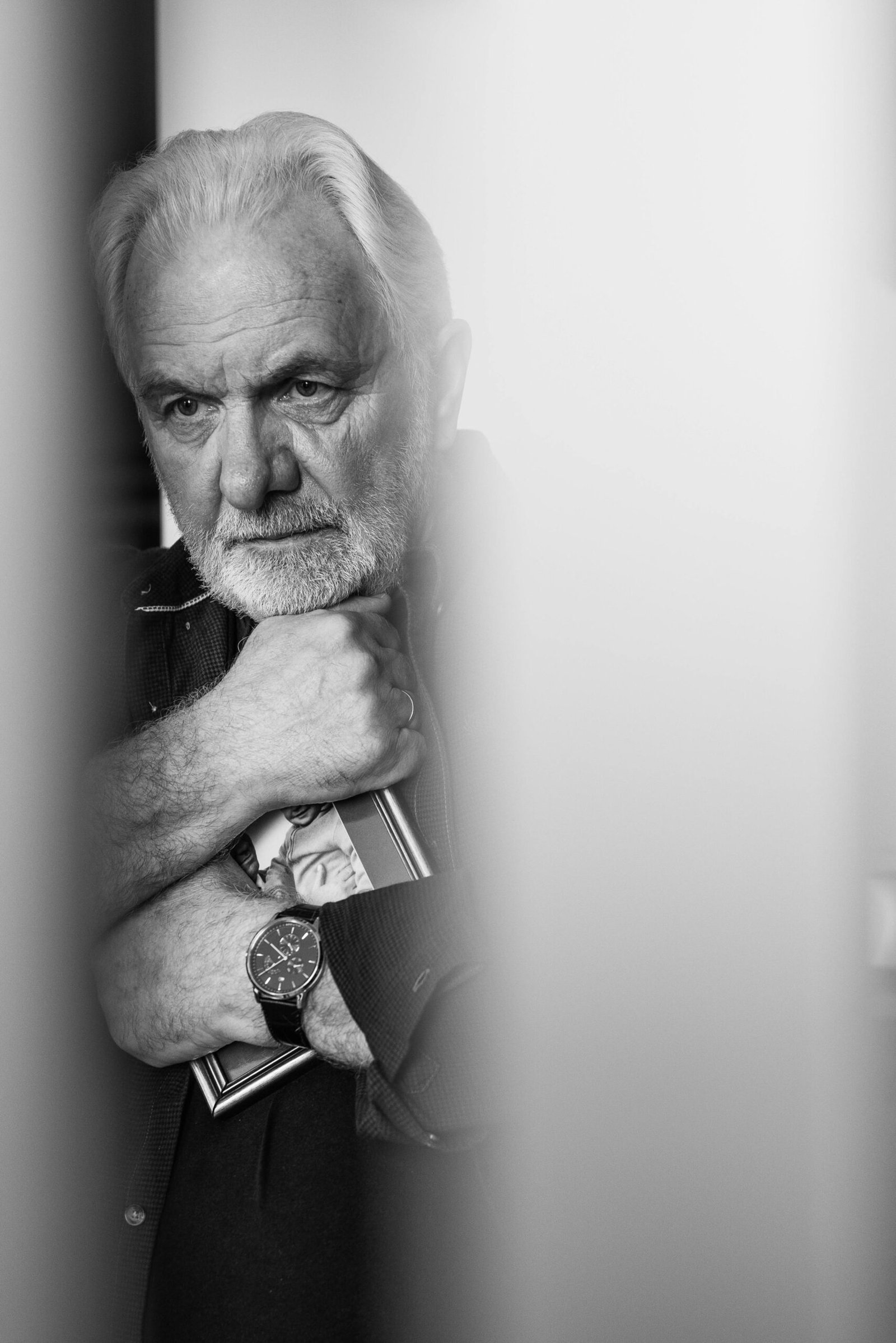Grief and loss are universal human experiences that touch every aspect of our lives, including our mental health. However, societal expectations and gender norms often place unique pressures on men when it comes to expressing and coping with these emotions. In many cultures, men are taught to be strong, stoic, and to suppress their feelings, which can lead to detrimental effects on their mental well-being when faced with grief and loss. In this blog post, we’ll explore the importance of honoring the emotional journey of men in coping with grief and loss, and offer strategies for navigating these challenging times while prioritizing mental health.

Understanding Grief and Loss
Grief is a natural response to loss, whether it’s the death of a loved one, the end of a relationship, a major life change, or any other significant loss. It encompasses a wide range of emotions, including sadness, anger, guilt, confusion, and even relief. While the grieving process is unique to each individual, it often involves stages such as denial, anger, bargaining, depression, and acceptance, as outlined by Elisabeth Kübler-Ross in her seminal work on death and dying.
Losses can be especially challenging for men to process due to societal expectations that dictate they should be strong and unemotional. Many men feel pressure to “tough it out” or “man up,” leading them to suppress their emotions and avoid seeking support. However, denying or repressing grief only prolongs the healing process and can exacerbate mental health issues such as depression, anxiety, and substance abuse.
Breaking the Silence
One of the most critical steps in coping with grief and loss as a man is breaking the silence and acknowledging your emotions. It’s essential to recognize that experiencing grief does not make you weak or less of a man—it makes you human. Allow yourself to feel whatever emotions arise without judgment or self-criticism. Whether you’re crying, yelling, or sitting in silence, give yourself permission to express your grief in whatever way feels authentic to you.
For many men, opening up about their feelings can be daunting, especially if they’ve been conditioned to believe that vulnerability is a sign of weakness. However, sharing your emotions with trusted friends, family members, or a therapist can provide immense relief and support. Talking about your grief allows you to process your feelings, gain perspective, and receive validation for your experiences. The Reflectere has ongoing Men’s Support groups for men in the Vancouver area for in-person experiences or virtually for those outside of the Metro Vancouver area, these groups are supportive for men who are seeking supportive and safe places for them to share what they are experiencing and have often thought they have to hold within themselves. For more information on our Men’s Support Groups please send us an inquiry about when we have the next opening.
Cultivating Self-Compassion
In the midst of grief, it’s common for men to be incredibly hard on themselves, criticizing themselves for not being strong enough or for not handling their emotions better. However, self-compassion is essential for navigating the grieving process with kindness and understanding. Treat yourself as you would a close friend who is suffering—offer yourself words of comfort, reassurance, and love.
Practice self-care activities that nurture your mind, body, and soul, whether it’s going for a walk in nature, engaging in a creative outlet, or simply taking a moment to breathe deeply. Be gentle with yourself and recognize that healing takes time. Allow yourself to rest, recharge, and prioritize your well-being as you navigate the ups and downs of grief.
Seeking Support
No man is an island, and trying to navigate grief alone can be overwhelming and isolating. Reach out to your support network for companionship, understanding, and assistance during this challenging time. Lean on friends, family members, or support groups who can offer a listening ear, practical help, or simply a comforting presence.
If you’re struggling to cope with grief on your own, don’t hesitate to seek professional help from a therapist or counselor who specializes in grief counseling. Therapy provides a safe and supportive space to explore your emotions, gain coping strategies, and work through the complexities of grief in a healthy and constructive manner. The Reflectere often works with a lot of men in Vancouver and the surrounding areas in BC who are dealing with some form of grief or loss in their life, for more information please check out our information page.

Honouring Your Loved One
While grief can be incredibly painful, it’s also a testament to the love and connection we shared with the person we’ve lost. As you navigate your grief journey, find meaningful ways to honor and remember your loved one. Whether it’s creating a tribute, participating in a memorial service, or simply reflecting on cherished memories, find rituals that provide comfort and solace.
Additionally, consider how you can carry forward the legacy of your loved one in your own life. Whether it’s living according to their values, pursuing shared passions, or finding ways to make a positive impact in their honor, keeping their spirit alive can bring a sense of purpose and meaning to your grief journey.
Coping with grief and loss is a deeply personal and individual journey, and there is no one-size-fits-all approach. As a man, it’s essential to honor your emotional experience, prioritize your mental health, and seek support when needed. By breaking the silence, cultivating self-compassion, and seeking support from others, you can navigate the complexities of grief with resilience, strength, and grace. Remember that healing is possible, and you are not alone on this journey.
In honoring your emotional journey, you not only honor yourself but also honor the memory of your loved one and the love you shared. Let your grief be a testament to the depth of your love and the beauty of your humanity.



